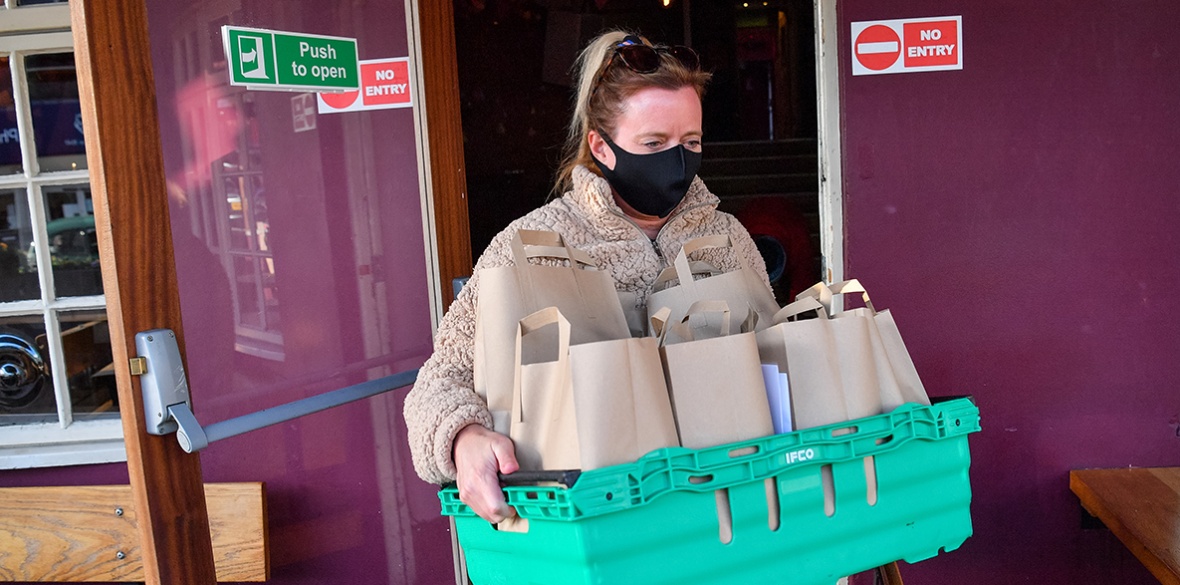This is the last article you can read this month
You can read more article this month
You can read more articles this month
Sorry your limit is up for this month
Reset on:
Please help support the Morning Star by subscribing here
CHILD poverty in Britain is not new. Children going hungry in Britain is not new.
A rich and supposedly civilised country such as ours should treat this as an emergency, an outrage and a priority to be addressed.
But instead child poverty has been rising steadily since 2012 and, according to the Child Poverty Action Group, it is predicted that by 2023-4, whether or not the £20 uplift in universal credit and working tax credit is kept, the number of children living in poverty (after housing costs) will be the highest since records began (4.4 million with the uplift kept, 4.7m without).
Children in Britain are going hungry every day. No government should knowingly allow children of any age to go hungry when we have the ability to provide support.
Healthy food should be provided to vulnerable children from households experiencing low and unpredictable incomes, including those whose situation has worsened as a result of the Covid-19 pandemic.
We applaud those who have spoken out such as Marcus Rashford, trade unions and charities. When influential people make their voices heard, they make change possible, people notice and there is now more awareness of the problem of child poverty and hunger. But this should never be necessary. There must be a real and properly funded, deliverable strategy to tackle this scandal.
The government should not need to be told to do something by a footballer and Twitter — it should know, it should be ashamed, it should care.
Unemployment is rising, wages are stagnating and precarious employment is becoming normalised.
Women are bearing the brunt of this rise in societal inequality as primary carers and low-paid workers.
There are 1.8 million single parents in the UK with 90 per cent of them being women with a median income of £194.40 per week, resulting in some of our poorest children relying on school meals in term time and often going hungry in holidays.
Recent figures indicate that eligibility for free school meals had already risen from 1.3 million to 1.44 million in England, based on the January 2020 census.
But two in five UK children under the poverty line are not eligible for free school meals.
Hungry children don’t learn well, hungry children don’t progress adequately and hungry children often grow up to suffer avoidable health conditions and inequality.
Yes, we need adequate government funding for the provision of free school meals to all vulnerable children during term time and holidays at all times, but this is not a long-term solution.
No parent should be in a position of making spending choices that include whether or not they can afford to feed their child.
And no parent should have to go without food in order to provide a meal for their children.
The British Dietetic Association will continue to campaign along with other trade unions and organisations such as Sustain to ensure that measures are taken to ensure no child goes hungry.
We are calling for a legally enshrined “Right to Food” as laid out within the International Covenant on Economic, Social and Cultural Rights in the UK.
Dietitians, as front-line health professionals and nutrition experts, see the impact of food insecurity and malnutrition every day and understand the need for a system-wide approach to tackle it.
This government needs to take action quickly and decisively to address the root causes of food insecurity and child hunger, not just the symptoms.
Annette Mansell-Green is director of trade union and public affairs at the British Dietetic Association.










